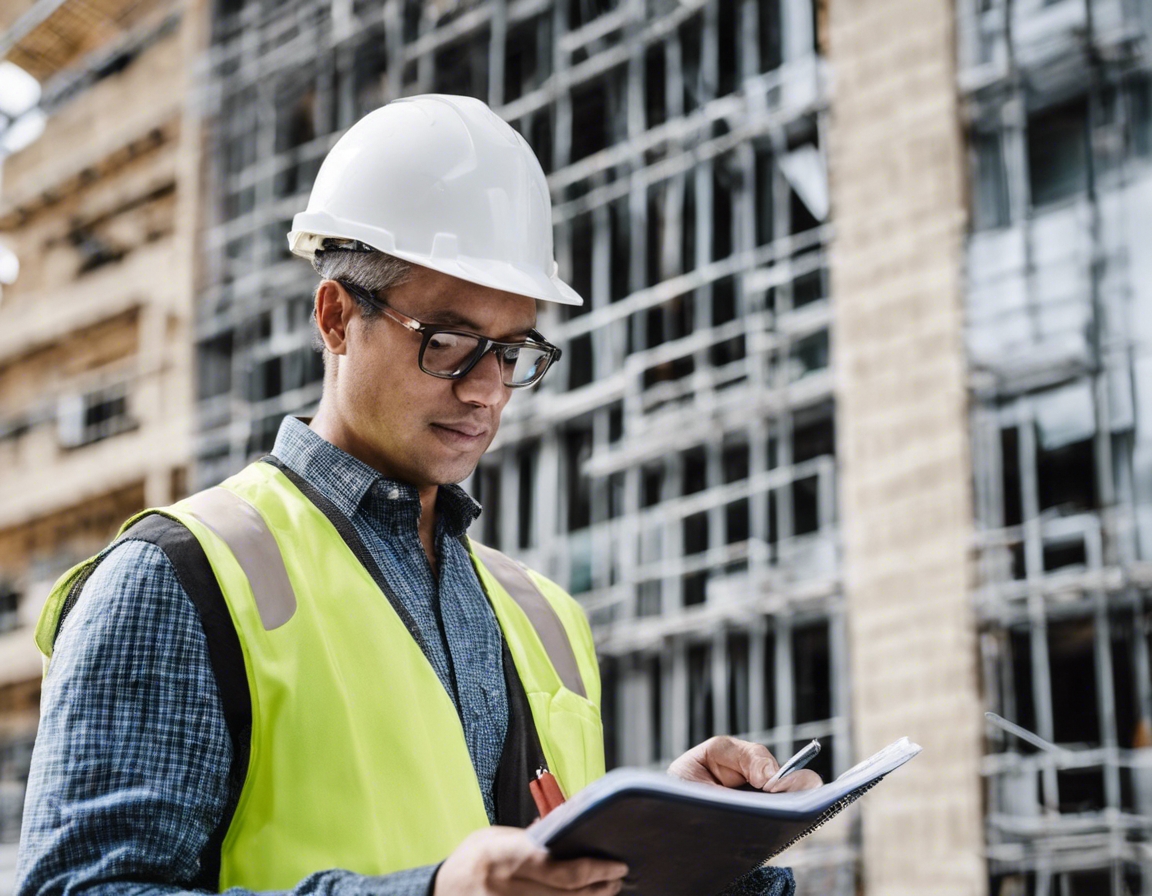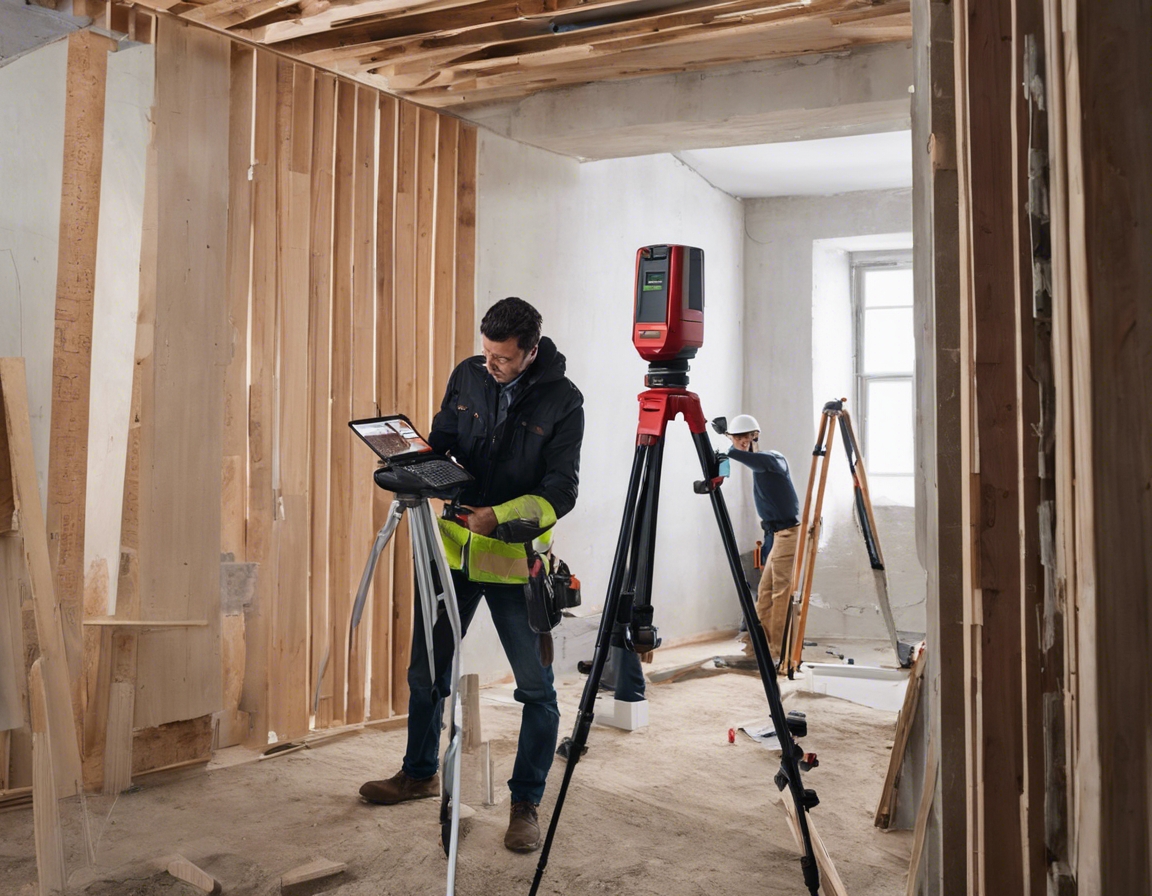The importance of expert building assessments
Building assessments are comprehensive evaluations conducted by experts to determine the condition, safety, functionality, and compliance of buildings with relevant codes and standards. These assessments cover a wide range of considerations, from structural integrity to energy efficiency.
Expert building assessments provide invaluable insights that can prevent costly repairs, enhance building safety, and ensure compliance with the latest regulations. They are essential for informed decision-making in construction, renovation, and maintenance projects.
Types of Building Assessments
Structural assessments evaluate the strength and durability of a building's framework, identifying potential weaknesses and recommending solutions to ensure long-term stability.
Environmental assessments focus on a building's impact on its surroundings, including potential contamination, waste management, and ecological considerations.
Energy efficiency assessments aim to reduce a building's energy consumption by identifying areas for improvement in insulation, heating, cooling, and lighting systems.
Accessibility assessments ensure that buildings are designed and modified to be accessible to individuals with disabilities, complying with legal requirements and promoting inclusivity.
The Role of Expertise in Building Assessments
Experts in building assessments are well-versed in navigating complex building codes and regulations, ensuring that assessments are thorough and compliant.
Professionals utilize advanced diagnostic tools and techniques to accurately assess building conditions, leading to more precise recommendations and interventions.
Expert assessors bring interdisciplinary knowledge from fields such as engineering, architecture, and environmental science to provide a holistic evaluation of buildings.
Building Assessments in Different Phases of Construction
During the pre-construction phase, building assessments can guide the design process, ensuring that plans are optimized for safety, efficiency, and compliance.
In the construction phase, ongoing assessments monitor progress and quality, helping to catch issues early and keep projects on track.
After construction, assessments verify that buildings meet all specifications and are ready for occupancy, addressing any final concerns before handover.
Regulatory Compliance and Safety
Building assessments are critical for meeting local and international standards, which can vary widely and require expert interpretation and application.
Assessments play a key role in ensuring the safety of both construction workers and future occupants by identifying hazards and enforcing safety measures.
Sustainability and Green Building Practices
Assessors evaluate the use of sustainable materials and practices, contributing to the construction of environmentally responsible and resource-efficient buildings.
Sustainable building assessments can lead to significant long-term benefits, including reduced operating costs, increased property value, and a smaller environmental footprint.
Choosing the Right Partner for Building Assessments
When selecting a partner for building assessments, it's important to consider their expertise, track record, and the range of services they offer.
NAMBARA OÜ brings a wealth of experience and a commitment to excellence in building assessments, offering tailored solutions to meet the unique needs of each project.






Comments (0)